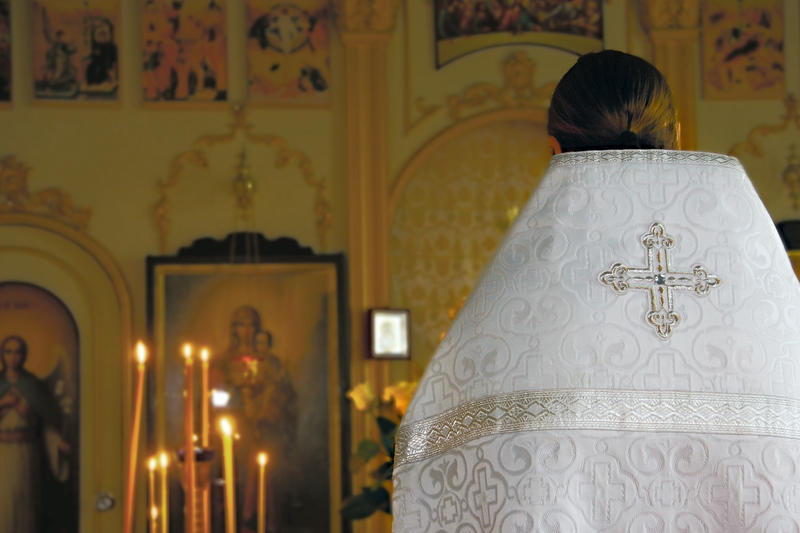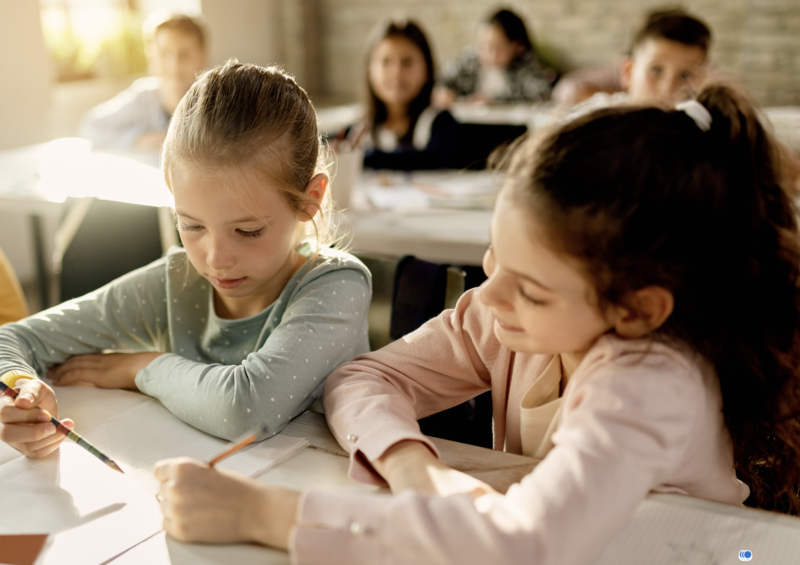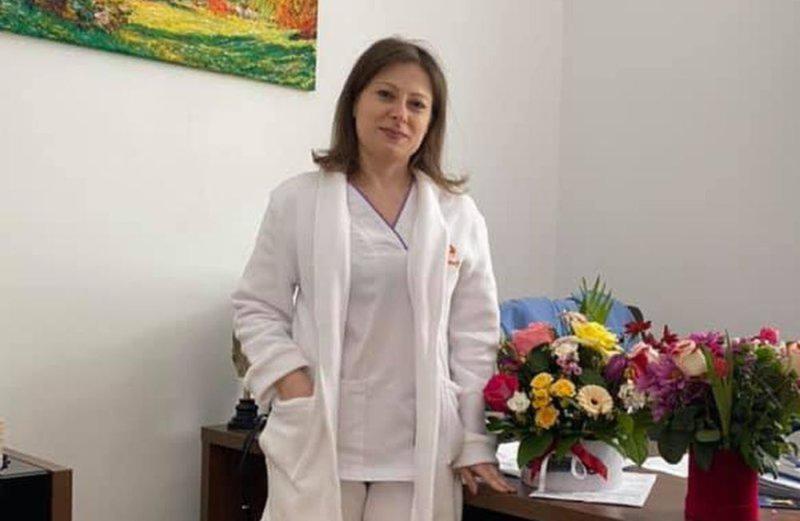The European leaders, gathered in Lisbon on Thursday, signed the new European Union Treaty. This reform treaty, long negotiated and subject for a series of compromises, replaces the EU Constitution, rejected through referendum by several EU states. The new treaty will stipulate the rights and obligations of each member state and is expected to lay a foundation for the modernization of European institutions, as well as to change the ratio of forces, in favor of larger countries.
The treaty introduces a new voting system for the Ministers' Council, where large countries will gain a superior representation.
The document reduces the number of European Commissioners, so that smaller countries, Romania included, will not have a commissioner in every EC team. A position similar to an EU Foreign Minister will be instated, with an official representing the EU in its international relations.
As a first, the treaty will allow national Parliament to have a word in the elaboration of EU laws. Following the NATO model, the mutual defense in case of attack will also come into force.
EU countries have one year to ratify the treaty, voting it in the Parliament. Ireland is the only country which will ratify it through referendum.




















